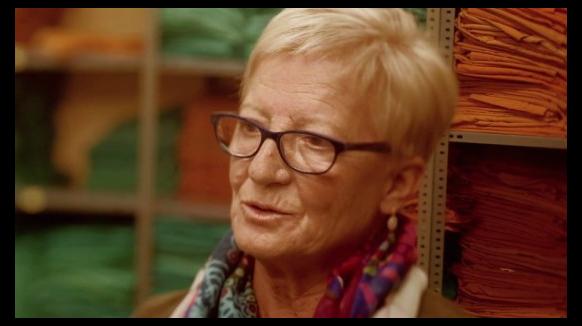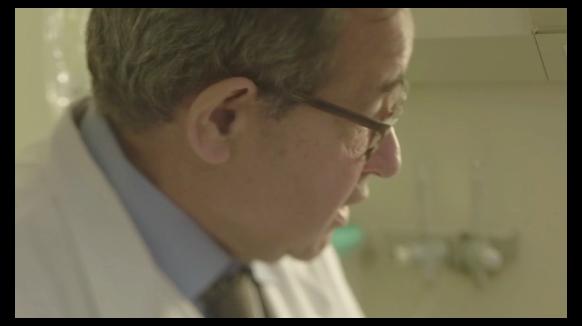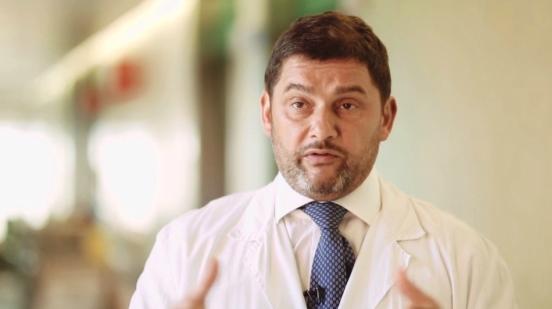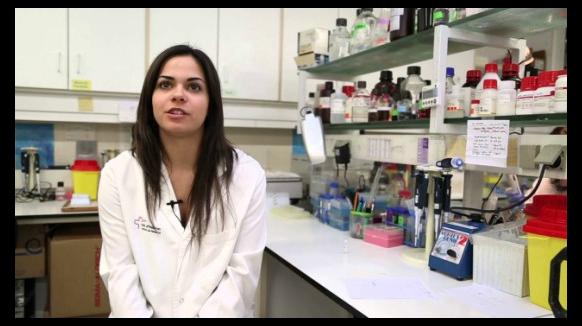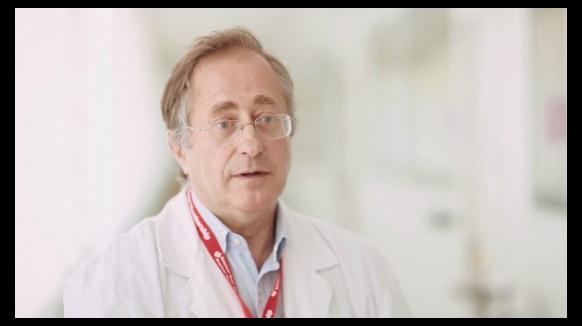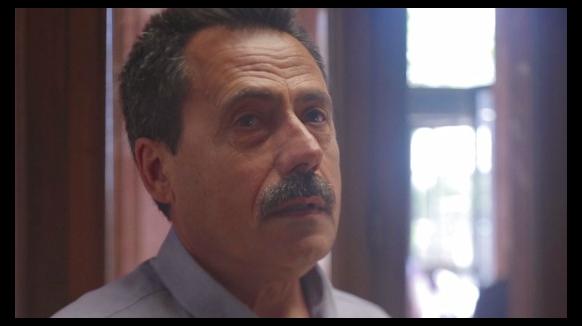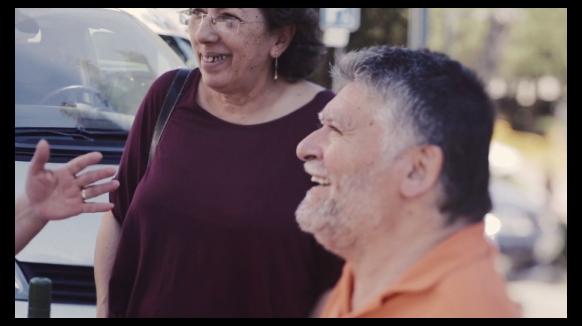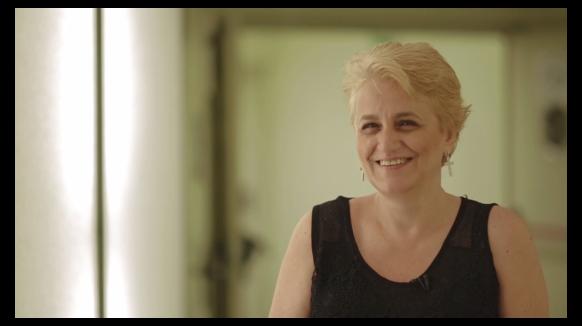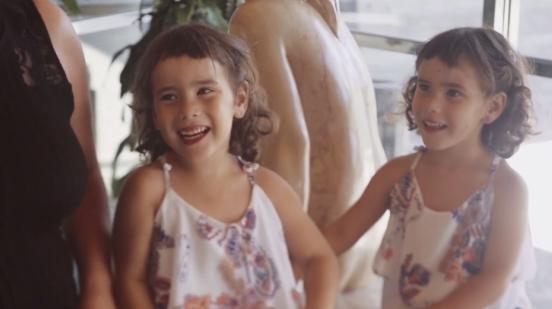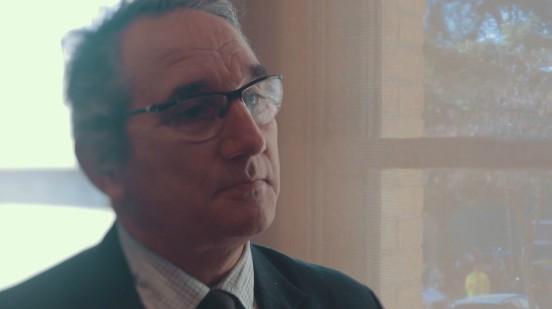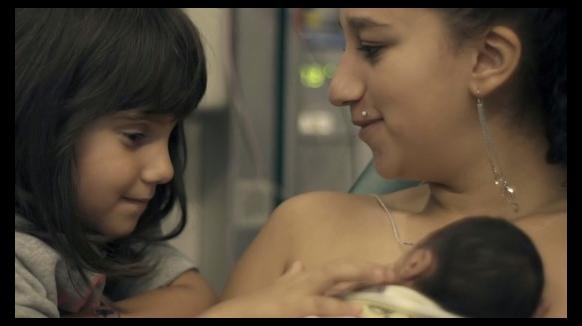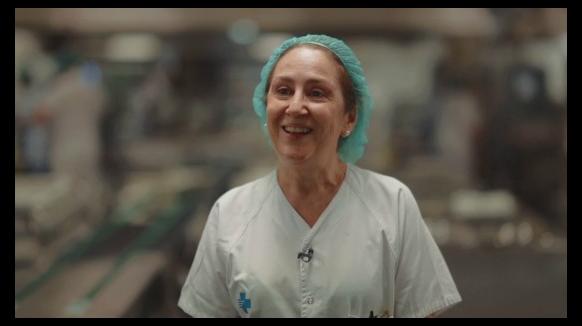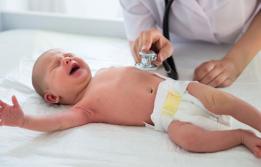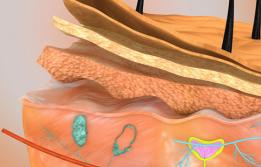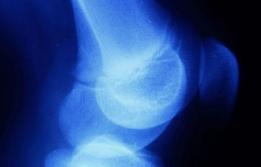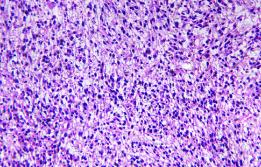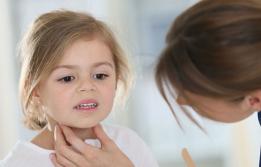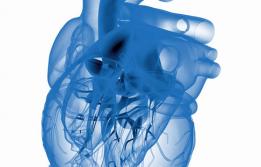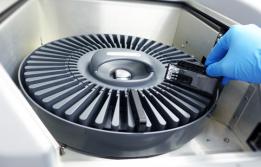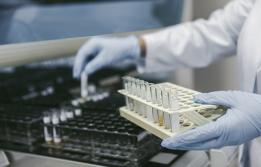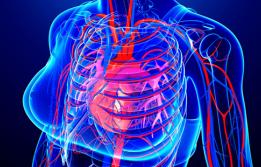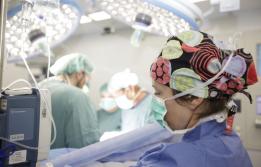Paediatric Surgery
Paediatric surgery is the only medical speciality exclusively dedicated to diagnosis, treatment, and post-operative care for problems which occur during the life stage between the foetal period and adolescence and which need to be treated surgically. The surgical pathologies, physiology, doctor-patient relationship, and needs of the paediatric patient are very different from those of an adult. Due to the complexity of the pathologies treated and the special needs of the paediatric patient, this type of surgery is usually restricted to tertiary centres.
Thanks to the wide range of pathologies we treat, the paediatric surgeons here receive training on how to carry out procedures in almost all surgical areas. Working closely with obstetricians, the paediatric surgeons participate in detecting and treating pathologies that are diagnosed in utero, providing prenatal medical advice to families, and even carrying out surgeries on foetuses or during labour.
The specialists in paediatric surgery receive specific training on how to correct congenital abdominal, thoracic, and urological defects, some of which can potentially be fatal. We also provide care for patients who are multiple trauma victims and those who need surgical treatment for solid tumours. We are also the specialists who treat the urological and gynaecological problems that occur in this age range.
Description
VHUH’s Paediatric Surgery Department is the reference centre in Catalonia for the surgical treatment of most problems in paediatric patients, and in some procedures, it is the reference centre for the entire country, covering all areas of paediatric surgery (from organ transplants to foetal surgery, and every sub-speciality in between).
In order to offer the best quality of care possible, the Department is organised into surgical sub-specialities: Neonatal Surgery, Oncological Surgery, Digestive Surgery, Thoracic Surgery, Hepatobiliopancreatic Surgery, and Urology. This innovative structure allows us to obtain a high level of specialisation and competence in each area of paediatric surgery. General surgery tasks (those corresponding to major outpatient surgery and emergency surgery) are shared among all members of the team.
Our Department was the first in the country to use foetal surgery techniques and it is part of a multidisciplinary foetal medicine programme. We are committed to performing highly complex surgery, such as oncological surgery and reconstructive urological surgery, also using minimally invasive surgery, even in newborns, and we are pioneers in foetal surgery. We also have a minimally invasive surgery simulation laboratory. Within these minimally invasive techniques, we have carried out robotic surgery since 2009; we were the first paediatric hospital in the country with a robotic surgery programme that was applied to every area of paediatric surgery.
We were also the first Paediatric Surgery Department in Spain to carry out a paediatric kidney transplant (1981) and paediatric liver transplant (1985), and we also did the first reduced-sized liver transplant (1987) and the first split liver transplant (1992). We continue to be directly involved with both transplant programmes, which have among the highest volumes of patients and the best results in the country.
In the year 2012, our Paediatric Surgery Department received the Certificate of Hospital Accreditation for Specialist Training in Paediatric Surgery, an acknowledgement from the European Board of Paediatric Surgeons that is backed by the UEMS, distinguishing it as a centre of excellence in training paediatric surgeons. We also actively participate in national and international programmes and have various RCSU (Department of Health Reference Centres, Services and Units) and ERN (European Reference Networks) accreditations.
For more than 20 years now, we have maintained several well-known lines of research in experimental paediatric surgery (and also more specifically, in foetal surgery) at the Vall d'Hebron Research Institute (VHIR). In 2015, we created the “Bioengineering, Cell Therapy and Surgery in Congenital Anomalies” group, which is currently carrying out research on the prenatal treatment of spina bifida and congenital diaphragmatic hernias. In addition, among other projects, we have carried out research projects on amniotic band syndrome, gastroschisis, oesophageal atresia, and cleft lip/palate.
As regards clinical research, our Department is constantly carrying out research activities and boasts numerous national and international publications. One noteworthy example is the first multi-centre randomised study on treating parapneumonic empyema. It compares video-assisted thoracoscopy to drainage and the use of fibrinolytics and was published in the journal Pediatrics in 2014. Another two examples are our intestinal lengthening techniques and the treatment of congenital portosystemic shunts (Abernathy malformation).
At the same time, we collaborate with other research teams, especially in the field of paediatric oncology, and we also participate in collaborative studies and international multi-centre studies.
Care specialities
- Foetal Surgery
- Neonatal Surgery
- Oncological Surgery
- Digestive Surgery
- Thoracic and Airway Surgery
- Urology
- General Surgery
- Hepato-Pancreato-Biliary and Short Intestine Surgery
